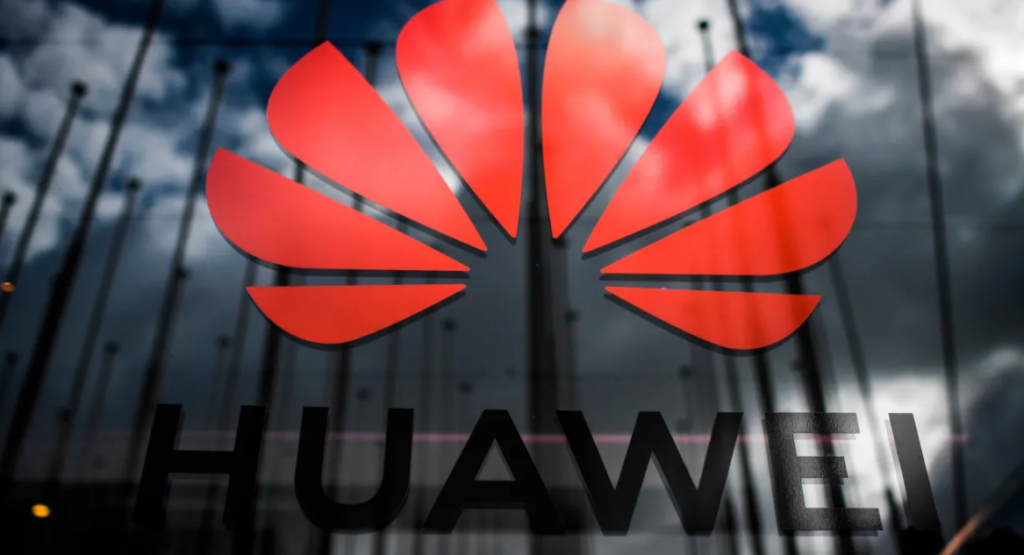
The UK has taken another step towards removing Huawei from its 5G network. On Sunday, the British government announced that the country’s telecommunications companies would not be allowed to install new 5G equipment from Huawei after September 2021, Bloomberg reported.
According to Bloomberg, although the UK announced in July that telecom providers would have to remove Huawei equipment from their networks by the end of 2027, the new restriction could accelerate the plans telecom providers had in place to overhaul their systems. The telecom providers were already prohibited from purchasing new 5G equipment from Huawei beginning in January 2021.
Bloomberg reported that telecom carriers will also be banned from outsourcing service management to Huawei beginning in April 2021.
“We are taking bold steps to implement one of the toughest telecoms security regimes in the world,” said Oliver Dowden, the secretary of state for Digital, Culture, Media and Sport, in a guidance document published on Sunday. “A central part of that is combating high-risk vendors, and I have set out an unambiguous timetable for the complete removal of Huawei equipment from our 5G networks no later than 2027.”
Dowden goes on to say that although that decision is “the right one,” it leaves the country overly reliant on too few suppliers. In particular, UK telecoms companies will have to rely on equipment from European manufacturers Nokia and Ericsson, per Bloomberg.
The new restriction was announced alongside the UK government’s new 5G supply chain diversification strategy. The £250 million (around $333 million) plan aims to grow the country’s telecoms supply chain while ensuring it is “resilient to future trends and threats,” according to guidance published by the Department for Digital, Culture, Media and Sport.
The plan will also create new projects and research centers, such as the SmartRAN Open Network Interoperability Centre, which the government says will create a platform for existing and emerging suppliers to test and demonstrate interoperable solutions. In addition, it will also include a trial with Japanese supplier NEC so that the company can test its equipment in the UK market.
More important will be the new National Telecoms Lab, a state of the art research and develop facility that will carry out security, performance, and resilience testing of new suppliers and technologies, according to the guidance.
At the beginning of the year, UK Prime Minister Boris Johnson originally planned to give Huawei a limited role in the country’s 5G infrastructure despite warnings from the U.S. about risks Huawei posed because of its ties to the Chinese government. Nonetheless, Johnson was forced to change his position after the U.S. issued new restrictions on Huawei in May which prevented the company and its suppliers from using American technology and software. UK officials said the sanctions meant that they could no longer guarantee the security of Huawei products.
Huawei has denied that it poses a security risk and, in a response to a report by the UK Parliament’s defense committee in October, has stated that if the country goes through with its ban, it will be affected negatively in the end.
“Restricting Huawei will put Britain in the slow lane, deepen the digital divide and likely push up bills,” the company stated.